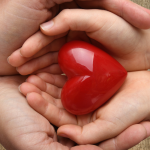What To Do When You Suspect Child Abuse
Abuse is not just a family matter as it was perceived to be years ago.
It is a social issue that affects children while they are at school and when they interact with other adults and children. When it comes to the abuse received, it is essential never to blame the victim. Victims already feel a sense of blame and do not need to feel that blame from others. Helping those in an abusive situation can be tricky, and the abuser can direct their anger toward you for intervening or brush it off and hurt the victim more for “telling.” It’s a tricky situation, and one must be careful to help those involved. Child abuse isn’t always easy to spot, and it isn’t about the black and blue marks on their bodies- it is also emotional and verbal. No matter the type of abuse, the child’s emotional harm the child is left to deal with for the rest of their life is more than what anyone should go through.
Abuse can cause children to have a hard time in relationships. Whether they are with their friends, a significant other, or other family members, there may be a lack of trust because someone they trusted hurt them. It can lead to a feeling of worthlessness and looking for love in the wrong places. Many children who face abuse may do things to cause self-harm later in life because they do not correctly deal with the emotions and thoughts they had and continue to have. Abused children usually do not express their feelings healthily, generally forcing their feelings down and not letting them out as they come. As a result, they do not know how to express themselves as they get older and can have anger issues from not saying how they feel or because they are unaware of their feelings.
When children are going through abuse, they can be withdrawn and anxious. They may be detached from their parents and can have an unusual attachment to other adults or friends. They can also act a lot older or younger than they are. Then there is the noticeable bruising and injuries. Children may look as if they are constantly on the alert and not want to go home or may wear inappropriate clothing for the warmer weather to cover up bruises and welts.
If a child approaches you and starts to tell you that they have been abused, it is essential to remain calm. Abuse is difficult for a child to talk about, and it is also hard for you to listen to. Don’t brush it off; listen and remain calm. If you exclaim and show shock, it can discourage the child from telling you what has happened and cause them to shut down. Pushing children to talk when they don’t want to can initiate a fight or flight response.
Let the child speak. It can be challenging for them to come forward with the information they are giving you, and you don’t need to ask questions or lead them to a conclusion. Let them speak freely- this will allow the child to report what they have encountered and won’t confuse them. If you ask leading questions, you may cause them to question what they remember and have even more trouble relaying important information.
The child has done nothing wrong and you will need to reassure them of that. It takes a lot for them to come forward and talk to an adult, and they might feel like they will get in trouble for telling. Let them know that you are there for them and they did nothing wrong.
No matter what, safety comes first. If you feel that your or the child’s security is at stake, leave it to the professionals. When you report the abuse to Child Services and the police, make sure they know your concern is for the child’s safety as well as yours. They will be able to set up protection.
You’re not interfering with someone’s family when you report abuse. You are helping a child. Sometimes, parents can go to parenting classes that will teach them how to handle situations. There are counseling options and other ways for the family to grow and learn. The report will show the police and Child Services a snapshot of what is happening in the child’s life. Whatever information you can give, give it all. Each report will help open a case to determine what is best for the child- whether it is to find a new home or have the family go through classes. If you are worried about the abuser knowing it was you who made a report against them, file your report anonymously. No matter how little you think it will help; report it anyway. You may not be the only one who has noticed something, or it could be the only path a child has to safety.
To report child abuse in Autauga County, call (334)358-5000.
#Seesomethingsaysomething




